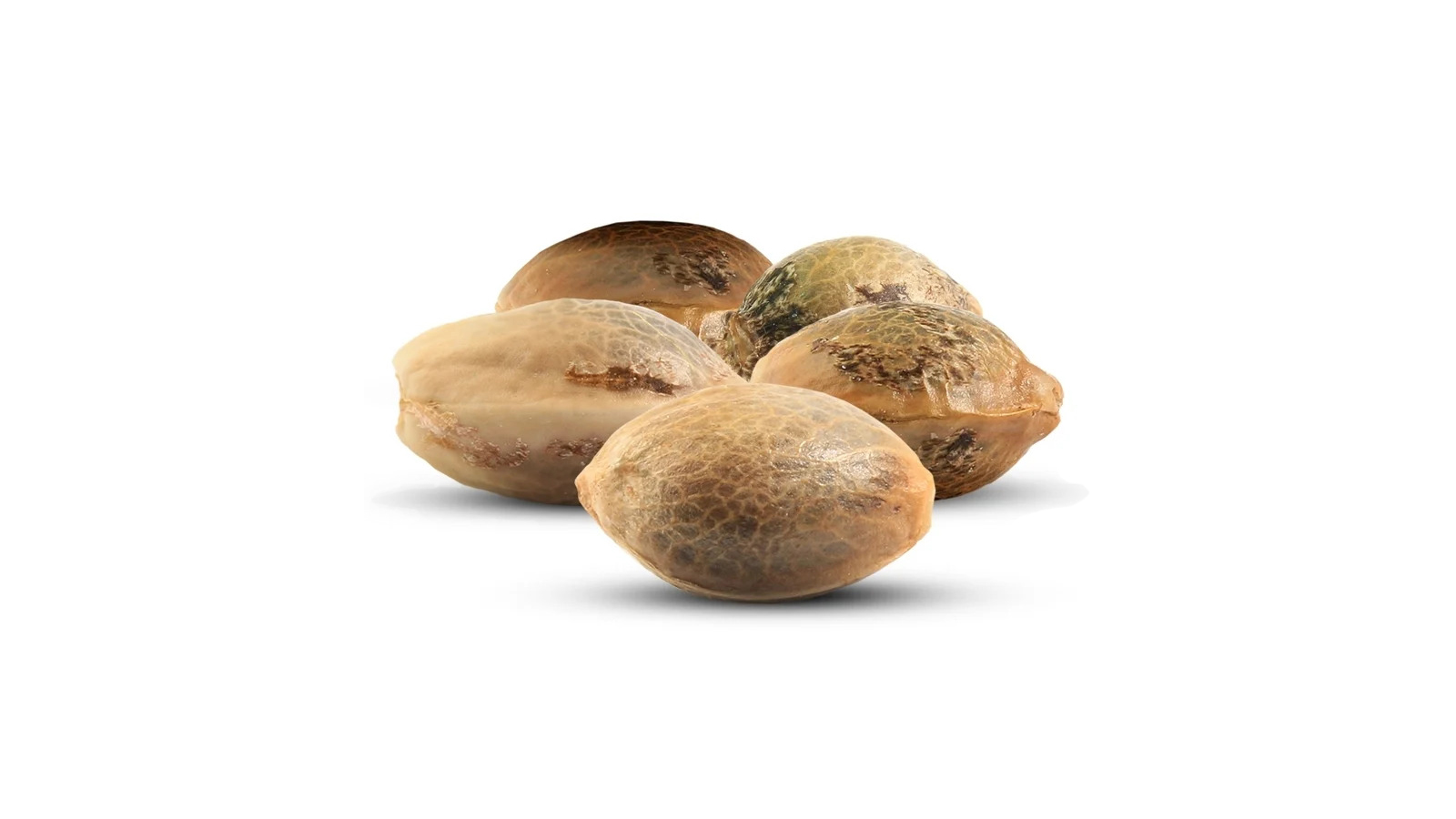№ 9 Seeds
SEEDS

Remix
Ranking
#9
Essential Amino Acids
(EAAs)
see below
Ratio of
Omega-6:Omega-3
see below
Seeds can be a nutritious and healthy part of a well-balanced diet. They are a good source of fiber, protein, healthy fats, and a variety of vitamins and minerals.
Here are some examples of seeds that are particularly nutritious:
Chia Seeds
Chia seeds are tiny powerhouses of nutrition and have gained popularity for their numerous health benefits. These seeds are rich in dietary fiber, providing a feeling of fullness and promoting digestive regularity. One of their standout features is their high omega-3 fatty acid content, primarily alpha-linolenic acid (ALA), which supports heart health by reducing the risk of cardiovascular disease. Chia seeds are also loaded with antioxidants that help protect cells from damage caused by free radicals. Additionally, they are a good source of calcium, magnesium, and phosphorus, contributing to bone health. Due to their ability to absorb liquid and create a gel-like texture, chia seeds are often used to make satisfying and hydrating chia puddings and can be added to smoothies, oatmeal, or yogurt.
Flax Seeds
Flax seeds are renowned for their exceptional nutritional profile, making them a valuable addition to a healthy diet. They are exceptionally high in alpha-linolenic acid (ALA), a type of omega-3 fatty acid that is essential for heart health and has anti-inflammatory properties. Flax seeds are also packed with dietary fiber, particularly soluble fiber, which aids in lowering cholesterol levels and maintaining digestive regularity. These seeds contain lignans, natural compounds with antioxidant properties that may help reduce the risk of chronic diseases, including certain types of cancer. Flax seeds are an excellent source of vitamins and minerals like B vitamins, magnesium, and manganese. Ground flaxseeds are recommended for better nutrient absorption, and they can be sprinkled on cereals, added to smoothies, or used as an egg substitute in baking recipes.
Hemp Seeds
Hemp seeds are a true nutritional gem that has gained recognition for their impressive health benefits. They are a rich source of plant-based protein, offering all nine essential amino acids, making them an excellent choice for vegetarians and vegans. Hemp seeds are abundant in healthy fats, particularly omega-3 and omega-6 fatty acids, which contribute to heart health and inflammation reduction. They are an excellent source of vitamins and minerals such as vitamin E, magnesium, potassium, and zinc, supporting various bodily functions. Additionally, hemp seeds contain gamma-linolenic acid (GLA), a rare omega-6 fatty acid with potential anti-inflammatory properties. These seeds are versatile and can be sprinkled on salads, added to smoothies, or used to make dairy-free hemp milk.
It’s important to remember that seeds should be consumed in moderation as part of a varied diet. They are high in calories and can be easy to overeat, so it’s important to pay attention to portion sizes. Also, be sure to choose seeds that are minimally processed and not coated in salt or sugar.
Just 1 ounce of chia seeds far exceeds your daily recommended intake of omega-3 fatty acids—50g. Chia seeds contain all essential amino acids for human nutrition: isoleucine, leucine, lysine, methionine, phenylalanine, threonine, tryptophan, histidine, and valine (Sandoval-Oliveros & Paredes-López, 2013). Among all amino acids, glutamine is in highest concentration and histidine is the least present.